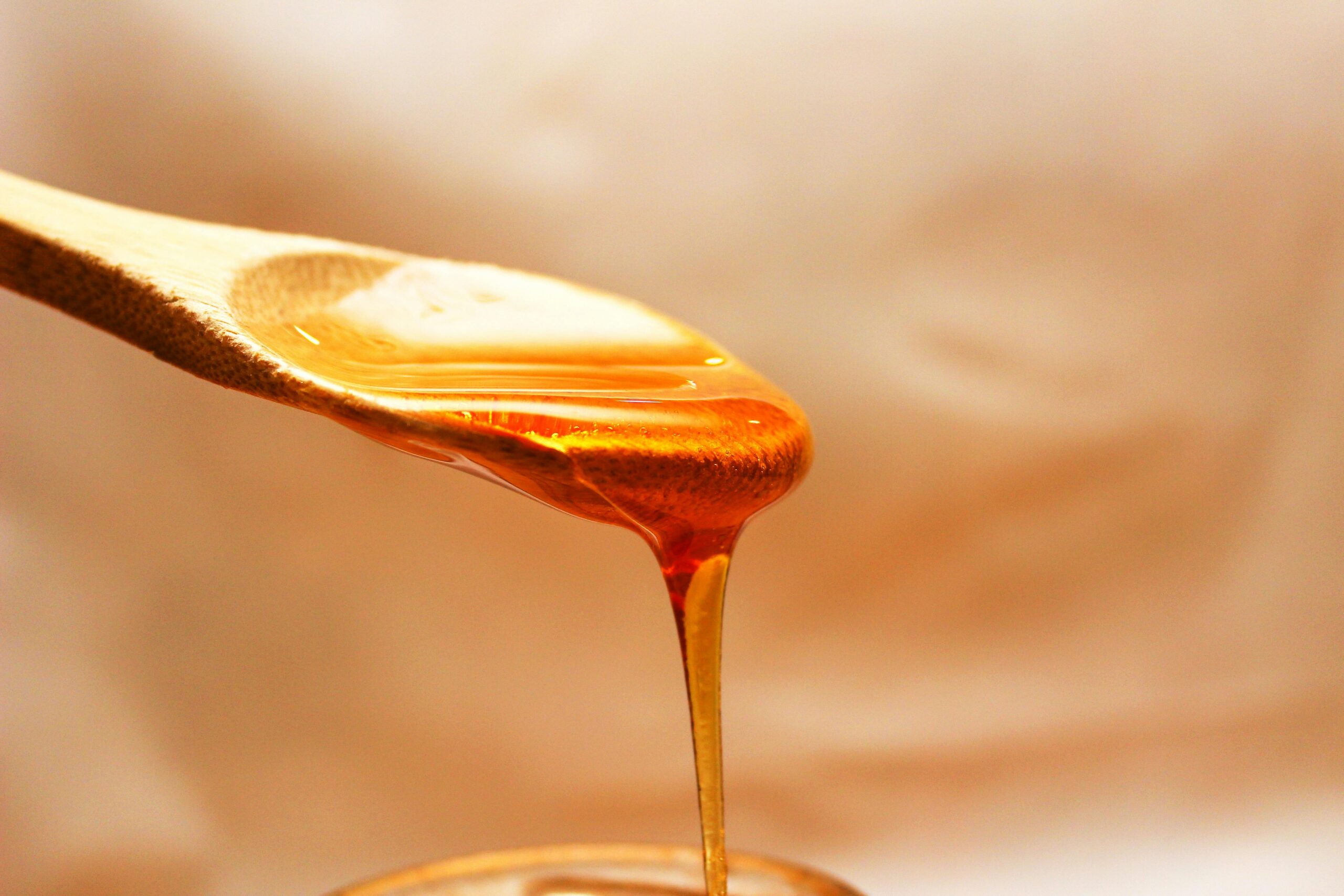Greek honey has a long and rich history that dates back to ancient times and continues to this day, playing a significant role in Greek culinary tradition and culture. The production of honey is closely linked to Greece’s diverse natural landscapes, unique flora, and time-honored beekeeping practices that have remained unchanged for centuries.
The History of Greek Honey
Ancient Greece and Bees in Greek Mythology
Bees hold a special place in Greek mythology and history. According to myth, Zeus, the king of the gods, was fed honey during his infancy, when the bee Melisseus protected him from his father, Cronus. Honey was considered the “food of the gods” and was known for its healing and energizing properties. The ancient Greeks believed that honey was a sacred gift from the gods, associating it with immortality and longevity.
Hippocrates and the Medicinal Properties of Honey
Hippocrates, the father of medicine, was among the first to record the medicinal properties of honey. He recommended honey for treating a wide range of ailments, such as digestive issues, inflammations, and burns. The ancient Greeks used honey not only as food but also as medicine, applying it to wounds and using it as a skin protector.
Honey in Ancient Greek Diet
Honey was a staple in the ancient Greek diet and a key ingredient in many traditional dishes. The ancient Greeks used honey in various recipes, such as “melitoutta,” a type of sweet bread made from flour and honey. Even during the Olympic Games, athletes consumed honey to regain their energy after competitions.
Modern Production of Greek Honey
Ecosystems and Flora of Greece
One of the reasons Greek honey is so unique is the country’s diverse ecosystems. Greece is home to over 6,000 different plants, many of which are endemic. The honey produced in different regions of Greece varies depending on the flowers the bees pollinate.
- Thyme honey: One of the most famous types of Greek honey, thyme honey has a strong aroma and taste. It is primarily produced in the Cyclades and Crete.
- Forest honey: A rich, dark honey that comes from the forests of Greece, such as Evia and Halkidiki.
- Orange blossom honey: Mainly produced in the Peloponnese, this honey is known for its fruity flavor and light aroma.
Traditional and Modern Beekeeping
In Greece, beekeeping is a profession passed down through generations. Bees are cared for with respect for nature and the environment. Greek beekeepers use traditional honey-collection methods, which are combined with modern techniques to optimize production without compromising the quality of the product.
Production Process
The production of Greek honey begins with caring for the bees and selecting the appropriate time for honey collection. Bees gather nectar from flowers and transport it to their hives. Inside the hives, beekeepers monitor the transformation of nectar into honey. Once the honey is ready, it is carefully harvested, filtered, and packaged to preserve its natural nutrients.
Greek Honey’s Contribution to the Economy
Beekeeping in Greece is not just a traditional practice but also a vital sector of the agricultural economy. Greece is one of the largest honey producers in Europe, and Greek honey is exported to many countries. The reputation of Greek honey for its quality and purity contributes to the growth of the export industry.
Conclusion
The production of Greek honey is not just a process but a living connection to ancient tradition, nature, and the modern economy. The variety of Greek honey and its beneficial properties make it one of the most valuable natural products in the world. As the demand for high-quality products increases, the importance of beekeeping and preserving this tradition remains strong.

